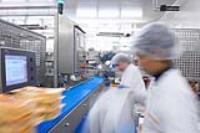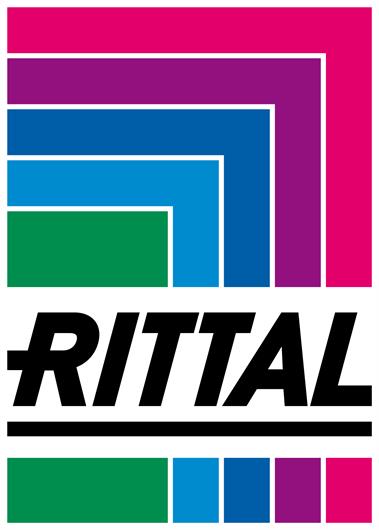 Add My Company
Add My Company
Sign In

By Emma Ryde, Rittal’s Product Manager Industrial & Outdoor Enclosures
Food and beverage manufacturers of all sizes are facing huge operational challenges right now.
Sudden increases in consumer demand, shifting expectations, changes in food safety legislation, and emerging technologies, all require companies to be responsive, agile and flexible. There is also the matter of ensuring seamless production continuity, to ensure consumer confidence around maintaining food and beverage supplies.
As digital technologies continue to transform global markets, no industry remains untouched, and food and beverage manufacturing is certainly no exception.
Let’s consider how each of these three factors can impact day-to-day operations on the production floor, and how leading manufacturers are adapting to win.
Standards and Legislation
In recent years, food and beverage manufacturing regulations have changed significantly across the globe due to technological and scientific advancements. Europe has long been at the forefront of these legislative changes and successful companies will likely be those who stay ahead of the curve by implementing changes sooner rather than later. These companies will avoid both production downtime, and the potential for higher costs associated with refits, when new legislation eventually passes.
Even in our current outcomes-based regulatory framework, reducing cleaning time and ensuring impeccable hygiene standards continue to be key areas of focus. As the physical landscape of manufacturing shifts to accommodate the increased presence of technology, so too will our approaches to safety and cleanliness.
This leads us to our next topic: the presence and proliferation of technology in food production spaces.
Food Sustainability and Corporate Responsibility
There’s no denying that we all have a responsibility to implement sustainable environmental practices. But from a commercial perspective, it’s also worth your time to embrace sustainability as millennials and Gen Z begin to dominate the consumer market.
The consumers of the future will place huge value on environmental sustainability, and they’ll also go out of their way to support companies who follow environmentally friendly practices.
Manufacturers that want to reach this audience will need to implement changes that reflect this shift in consumer priorities and effectively communicate the changes that have been made. To do this, you’ll need to streamline every aspect of your business with a new focus on environmental sustainability.
Whether it’s recycling production materials to close the loop on waste outputs, or reducing the energy consumed during cleaning, every part of your process should be moving towards a more sustainable future, either directly or indirectly. For example, Rittal’s HD enclosures are specifically designed to make them quicker and easier to clean. HD enclosures are typically power washed, so reducing the time it takes to clean them will lower both water and energy usage.
In order to offset the cost increases associated with making these transitions, industry leaders are continuing to refine efficiency-boosting practices like CIP to make production facilities greener.
Technology and Digital Transformation
At this point, we can consider the massive impact that the Internet of Things (IoT) will have on manufacturing is a sure thing.
Telstra puts it very clearly when they state that “In an increasingly automated manufacturing environment, having multiple machines communicating with each other and being managed and diagnosed remotely offers benefits that are self-evident.”
These smart machines pose a unique challenge to the food and beverage industry; their delicate circuitry and sensors must be on the production floor but must also be protected from contaminating or being contaminated by the manufacturing process.
Additionally, these complex computer systems need to be compliant with current and future food safety regulations and be well-suited to withstand increasingly ambitious CIP procedures.
Now is the time to consider how you can update your existing manufacturing systems to try and account for the changes that are taking place in the industry. Whether it’s investigating new, sustainable production methods, or investing in physical infrastructure that supports new technologies, now is the time to move confidently forward or get left behind.
Optimising every piece of the manufacturing puzzle is essential to maintain a competitive advantage.
For more information on What Does the Future hold for Food & Beverage Manufacturing? talk to Rittal Ltd
Enquire Now
More News And Press
List your company on FindTheNeedle.

